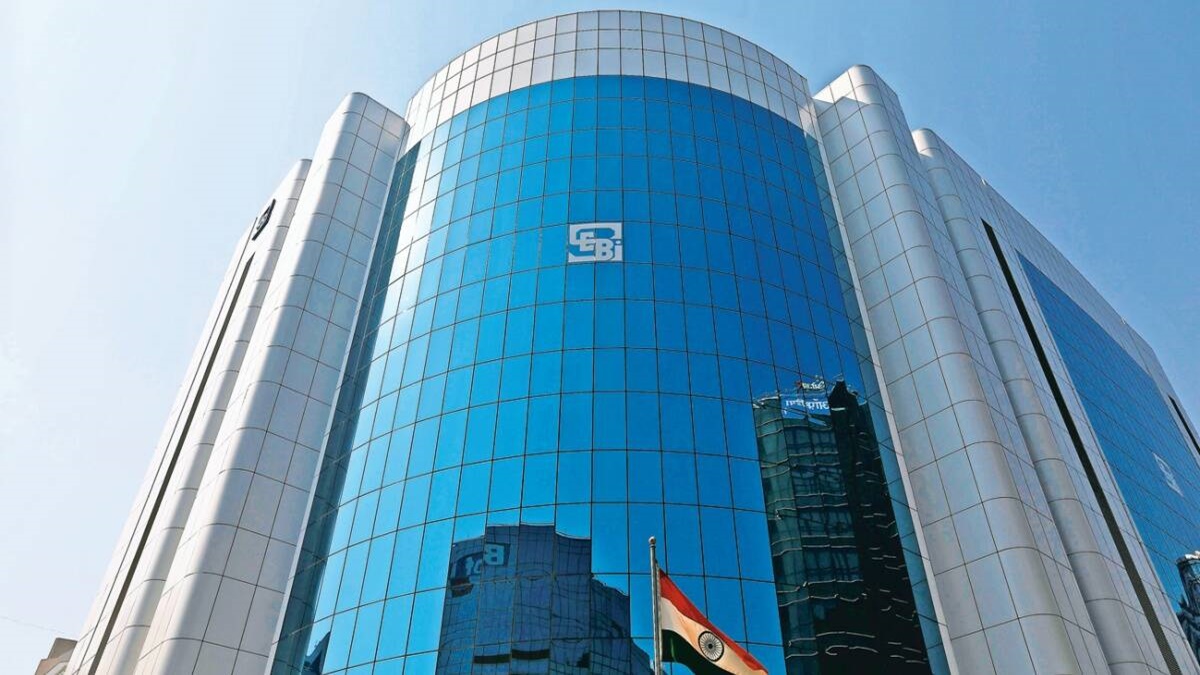The Securities and Exchange Board of India (Sebi)’s recent consultation paper which proposes that at least one sponsor of a REIT (real estate investment trust) or InvITs (infrastructure investment trusts) should remain invested in them for the entire tenure comes at a time when these relatively-new investment vehicles are seeing good traction.
INvITs and REITs have raised Rs 1.17 trillion through initial offers and further offers till December 31.
Also read: Markets Wrap – Fri, 24 Feb ‘23: Nifty, Sensex dip, rupee flat; Asia, US markets, Gold, Crude updates
Vishal Dhawan, vice-chairman of the Association of Registered Investment Advisors, said most of these units are invested in commercial real estate, and the regulator is prioritising investor protection over anything else. As on date, there are five REITs and 19 InvITs registered with Sebi, of which three REITs and 15 InvITs have raised funds through initial offers and/or further offers, the paper said.
The regulator pointed out that most sponsors had significant shareholding in investment managers (who manage day-to-day activities) and thus had a say in financing decisions of REITs/InvITs, especially debt financing. As a result, the market watchdog seeks to ensure an alignment between sponsors and unitholders.
Girish Rawat, partner, Luthra and Luthra Law Offices India, says: “Sponsors invariably call the shots in relation to management and operations, which is why the regulator considers it desirable for them to continue having a skin in the game. However, this will likely impact sponsors whose current holding is hovering around the mandatory mark, as it will effect their liquidity/leveraging plans, or the ability to deal with the remaining 5%.”
Present norms allow raising debt to the tune of 49% of the value of assets for REITs and 79% for InvITs, and the regulator said the maturities of such debt usually exceed 10 years. Such key decisions are taken with a long-term view, and have a material impact on returns of investors.
REITs/InvITs have the option to acquire assets from entities other than the sponsor or its associates. However, Sebi has observed that a majority of the further acquisition of assets has been from sponsor or associates, highlighting their enhanced role in growth of such units.
Also read: Thyrocare, Adani Total Gas among 119 NSE stocks to touch 52-week lows, 20 stocks hit 52-week highs
It has also sought to amend norms for declassification of sponsors, by allowing them to declassify subject to the induction of a new sponsor that meets the eligibility criteria, the holding requirement and which has no stake in the investment manager.
Current norms allow sponsors to declassify after three years as long as the unitholding of the sponsor and its associates stands at below 10%. However, there is no rule mandating the induction of a sponsor in place of the exiting sponsor. “The sponsors of the REIT may not be the most efficient persons to manage and make the asset most productive over the longer period,” said Niranjan Hiranandani, co-founder and managing director of Hiranandani Group.
The regulator has sought comments on the proposals by March 8.
